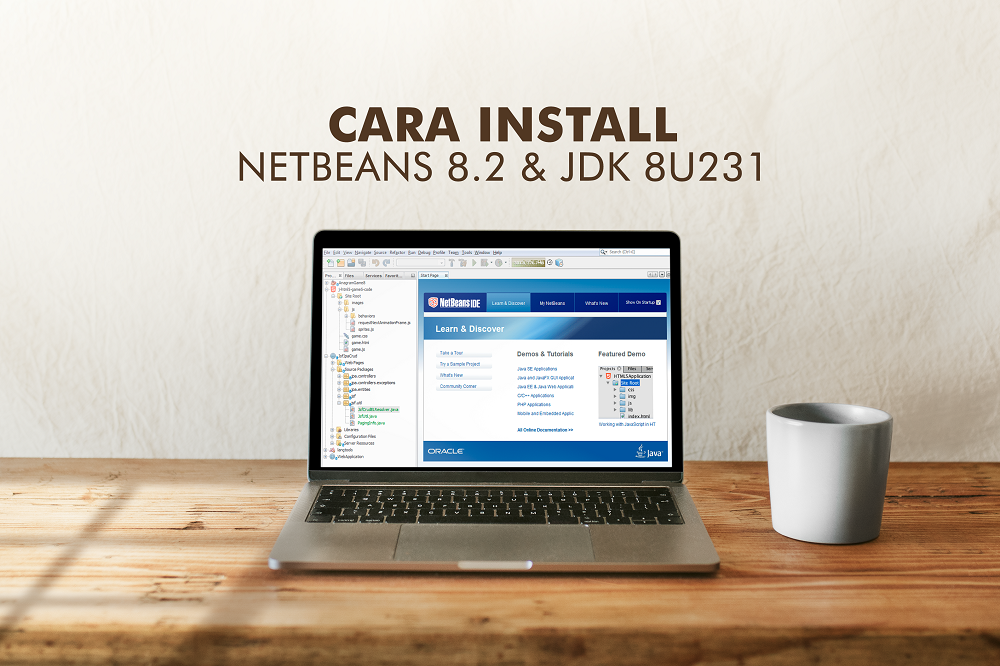7 Steps To Using Credit Cards Wisely
Credit cards are a staple of American commerce, with consumers using them to make more than $2.2 trillion worth of purchases last year. The card fuels online shopping, providing an easier way to make purchases when traveling abroad, and allowing you to spread out payments for large-ticket purchases over time.
But it's convenience that has its downside: Credit cards can be a source of debt problems that plague many households. That's why it's important to understand the role credit cards play in your overall financial strategy. "Credit is an essential tool in your financial toolbox," explains Stefan Ross, director of credit and debit cards at Fidelity Investments. "Using credit cards the right way can help you build wealth, get better loan terms, and plan your future expenses by providing you with greater flexibility."
Here are seven steps to help you use credit cards safely and more effectively, so you can make the most of the advantages offered by this important financial tool:
1. Build Credit Wisely
"Credit is an important component of your personal economy," said William "Sam" McLimans, senior vice president of cash management at Fidelity Investments. "Debt, and how you manage it, plays an important role in helping you achieve the financial goals you've set for yourself."
But a good rule of thumb is that the amount of repayment—including your mortgage debt, car loans, student loans, and credit card payments—shouldn't account for more than 20% of your income. If you are near that threshold, you may need to pay another loan or postpone the purchase of an additional credit card. Adding more debt than you can handle could jeopardize your long-term financial goals, such as retirement or college savings.
2. Check Credit Regularly
Your credit information is compiled by three credit reporting agencies, TransUnion, Experian, and Equifax. Such reports form the basis of your credit score, which prospective lenders use to make decisions about whether to provide loans to you and what interest rates to fill. "Your credit information is a record of your ability to borrow responsibly," McLimins said. "Lenders have a risk-reward ratio they follow, and your history is the basis of their decisions."
The credit report includes the total amount you owe, whether you paid your bills on time, what type of credit you used, and how many new credit applications have been initiated. Errors in this information can lead to a lower credit score, which can disqualify you from interest-rates or be more attractive than the loan altogether. So it's important to check your report on an annual basis to check for errors. You can request a free copy of each of your three reports once a year at AnnualCreditReport.comOpens in a new window. Or, for more periodic monitoring, review one report from each agency every four months.
3. Manage Credit Well
The most important factor on your credit report is your debt-to-income ratio and your repayment history, say Ross and McLimans. So keeping your debt levels low and making timely payments helps make you more attractive to lenders.
But it's not an action—like just a negative missing payment or bringing balance—that can be great damaging to your credit. Canceling an older card or closing an account that you don't use much can also lower your credit score. The reason: Lenders care about your credit history, and the longer the history that the better.
The ratio of available credit to the amount of credit you are currently using is another factor that affects your credit score. Closing a small-used card will lower the amount of credit available to you without reducing the amount of credit you use. It can lean your credit ratio and make you seem like a risky debtor.
4. Read Policy Agreement
Not all credit cards are created equal. Some charge an annual fee, while others charge for balance transfers, cash, exceeding your credit limit, or other actions. To keep your costs manageable, choose a card with a pricing and fee structure that matches the expected behavior. For example, if you plan to bring balance, choose the card with the lowest interest rate you can find. If you intend to pay off your balance on a monthly basis, you might be looking for a gift card that carries a higher interest rate. Also, the days when only banks issued credit cards are long gone. These days, retailers, brokerage companies, travel agencies, and online retailers are just a few institutions that issue credit cards.
To make this decision, you must read and understand the credit card agreement of the issuer's policy. Look for how and when your interest rate may increase, what actions bring fees, and how issuers will charge for overseas transactions. If you still have questions, reach out to the publisher by phone or online. Some issuers create available resources to help explain the agreement.
5. Use the Card Safely
Credit card fraud and identifying theft of key risks for the modern consumer. Most cardholders are not responsible for fraudulent charges on their cards, but consumers still have a responsibility to keep their information safe. "Fraud prevention works best when consumers and credit card companies work together," Ross said.
Be proactive to reduce the risk of fraud by reviewing your credit card statements at least once a month, if not more often. Keep your admissions in a safe place so you can compare them to your monthly statement. Then, notify your card issuer if you notice a transaction that you don't recognize. And, of course, a report of a lost or stolen card immediately.
6. Maximize Rewards
Credit card rewards—such as leads to merchandise, airline miles, or access to exclusive clubs—have become popular with consumers. But in most cases, cards that offer cash rewards provide the most flexibility. "If you're going to spend money anyway, you might as well get cash back and build wealth from that," Ross said.
You can use cash rewards to repay debts or, in some cases, have cash automatically deposited in an IRA or savings account. That way, your credit card purchases can actually help you achieve other financial goals. For example, cardholders who have a Fidelity American Express Rewards card have received a total of $635,000,000 in awards deposited into their eligible Fidelity® accounts.
7. Pay Off the Strategic Balance
Thanks to the Credit Card Act 2009, credit card statements now show cardholders how long it will take to pay their balance if they only make the minimum payment—not to mention how much more it will cost. Naturally, the sooner you can pay off their balance, the less debt will be charged. If you can't pay your card balance in full each month, review your budget to determine how much you can allocate for payments that are without compromising other important long-term goals, such as savings for retirement.
Making a minimum payment on one card can make sense if it's part of a strategy to pay off higher card interest rates first, which will probably save you money over time. And because credit cards typically charge higher rates than other forms of debt, it often makes sense to focus on reducing card debt before paying off other loans. That said, it's important to always keep making payments on all your debts, or your credit rating will suffer.
Remember that although we can use them like cash, credit cards are not only a tool for transactions. They're another debt product that can have a huge impact on your financial goals. Take the time to consider credit cards in the context of your overall budget, debt picture, and other financial priorities and you can better use the card to your advantage. "Be an educated consumer," Ross said. "Figuring out what makes the most sense for your situation, so credit can help you build the wealth you want."







